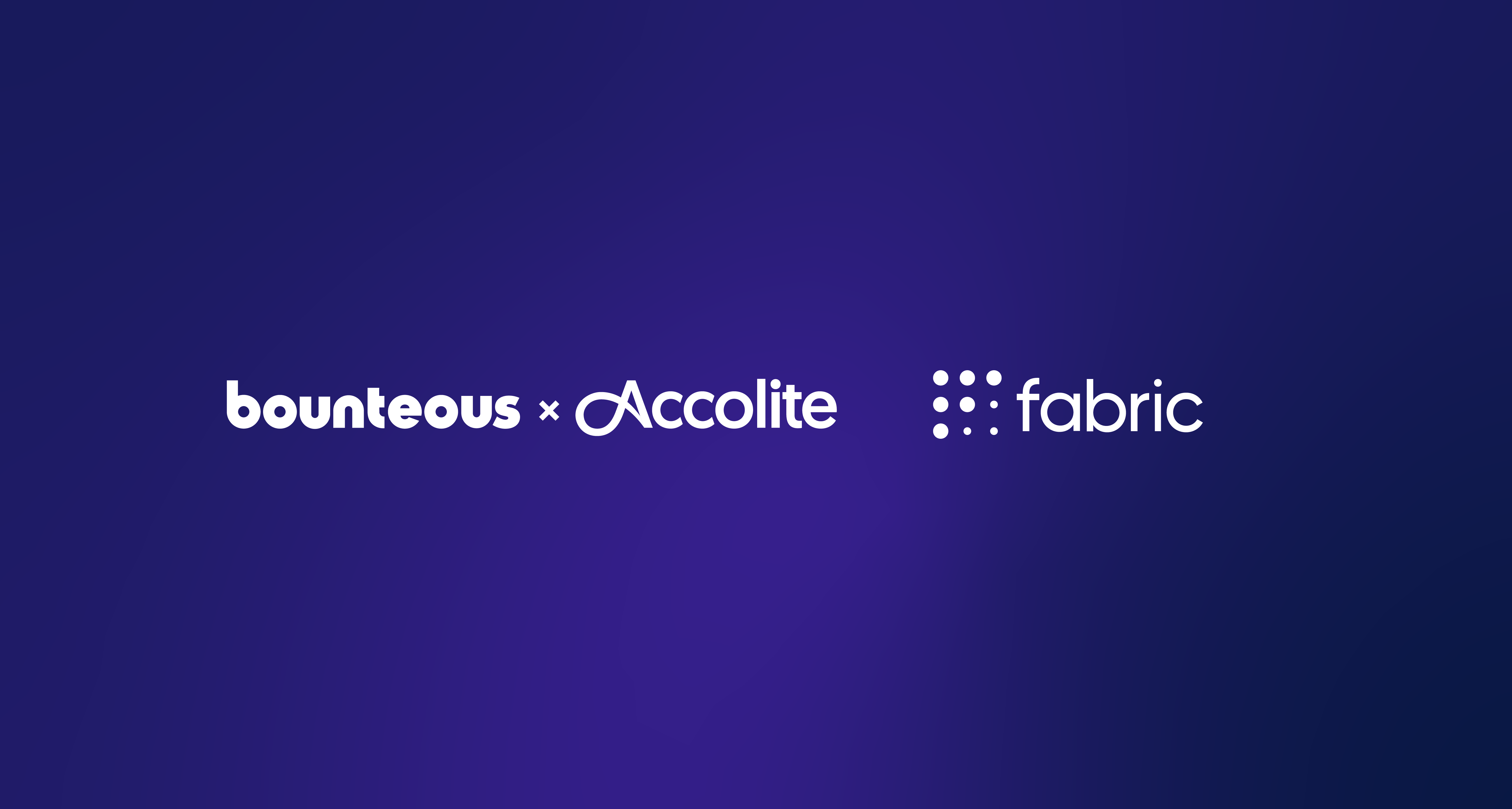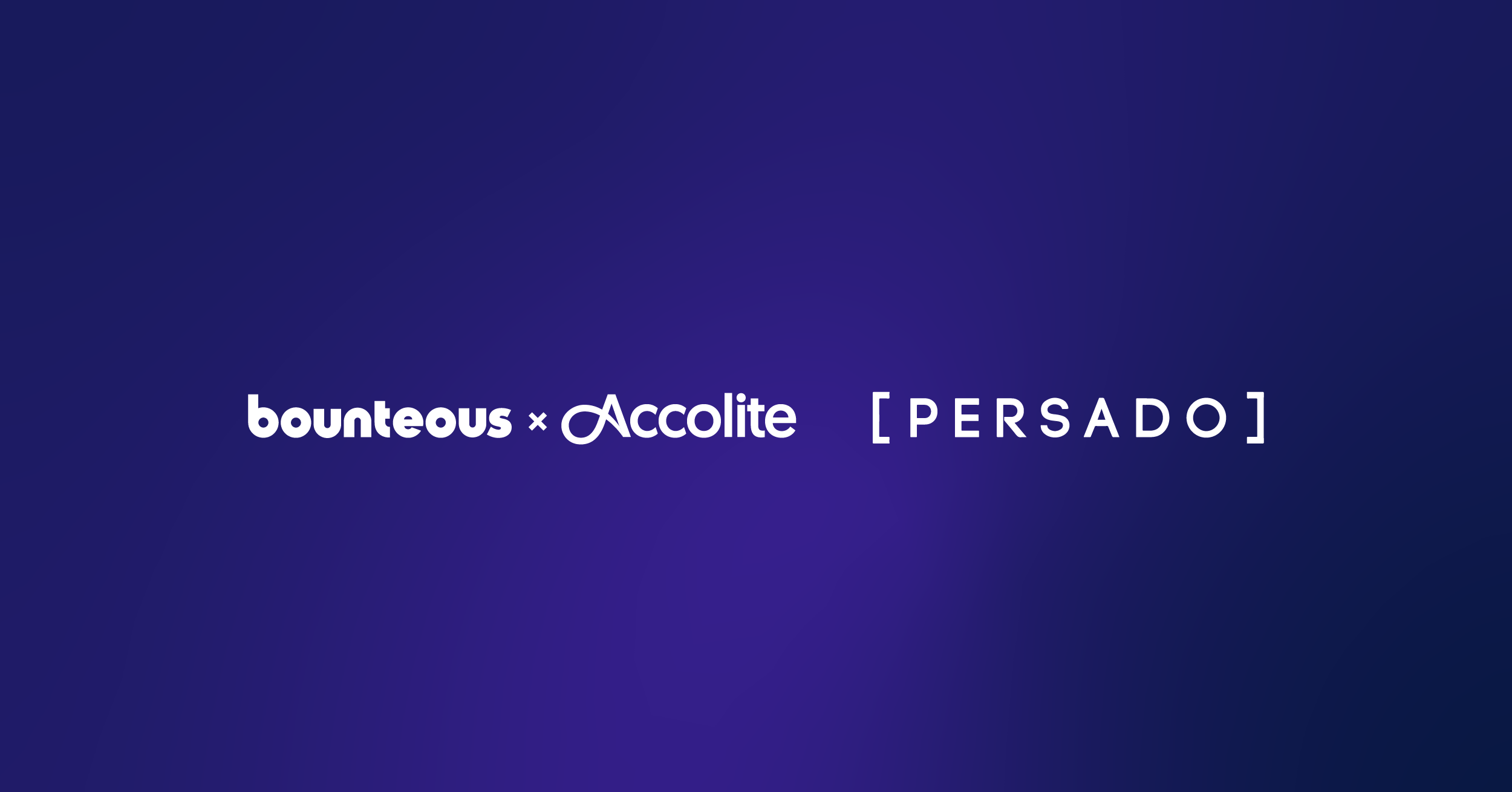4 SEO Terms Driving Me Wild

This is an unusual post for me. I tend to stick to “how-to” articles because I realized a while back that no one really cares about my opinion.
But in an industry where words must be so carefully dissected and examined, we’ve gotten downright silly with some of our favorite jargon. And it’s my time to whine.
4. “Keywords”
I know it sounds odd to call this one out. I spend many hours every week studying user's search queries to influence our clients’ content creation endeavors.
But does it not irk you that people call a 3-word phrase a “keyword”?
So “just call it a key phrase fussypants,” you say.
Well, beyond nitpicking, the real problem is that all this obsession over “keyword research” and “keyword use” betrays the real goal of all that analysis – to figure out what content people you want on your site want to find. And that comes to down to more than the particular string of characters user types in the search box, which is unfortunately the connotation that comes with keyword.
How about geographic location? Am I necessarily looking for general plumber info when I search for “plumber?” Chances are my IP address let’s Google know that I probably want to see some Pittsburgh plumber in my search results page.
What about images? Videos? Breaking news content versus something that’s been around for years? You need to look beyond targeting a specific keyword or keyphrase and into the type of content the right people are looking for.
Language is a messy thing, and so is SEO. Synonyms. User intent. Topics and themes. Latent Semantic indexing. Personalized search results. Social recommendations. Local intent. Market segmentation and the target audience.
Those are things I have to think about when a client asks, “what is the best keyword(s) for this page.” Because if I simply think about what string of characters needs strewn about a particular page, I’m doing the client a huge disservice.
Reasonable replacements for “keywords”:
How about search query analysis? Because that’s what we’re really (or should be) doing here with so-called “keyword research” – we’re analyzing which people search for what things so we can deliver the right content to attract (and retain or convert) that ideal segment of search queries.
3. “On-Page Optimization”
Can anyone agree what “on-page optimization” or “on-page SEO” really means? Google either phrase right now, and you’ll see various cheat cheats and guides, but you’ll be hard-pressed to find two that cover the same exact things. It’s not that SEO experts disagree that much on the SEO best practices, we just can’t agree on the confines of “on-page”.
It seems everyone can agree that utilizing keywords on single-page in places such as the title tag, header tags, copy, URL, and alt text definitely is at least part of on-page SEO. But what about social sharing optimization for the page? Site architecture? Conversion optimization? Structured Data? Indexing and crawling? Does on-page mean what you can do inside an individual page or the whole site? Ask a dozen SEOs, get a dozen answers.
It’s gotten so bad, I find the phrase useless in conversation.
Reasonable replacements for “on-page optimization”:
How about we call a specific activity what it is?
You’re trying to structure the links, pages, and taxonomy on the site? Sounds like architecture.
You’re trying to speed up load times of a particular page? Thats page speed optimization?
You’re trying to use target keywords on a specific page, call that on-page keyword optimization. I bet you’re snickering, “Reid just said keywords.” Well, that’s the term with the volume. Go tell Alanis Morissette.
2. “Link Building”
When you talk about link building to your average marketing executive or small business owner, their connotation is typically that you go out and directly get inbound links to their site.
If you explain to them that you are going to build great content to attract links and you need to engage in tactical PR and community outreach that you hope will naturally results in natural brand mentions and backlinks, there’s a good chance they stare at you wide-eyed for a moment like you just tried to explain quantum mechanics.
Can you blame people? When you build a house, you don’t influence people to hope they build the house – you pay the damned builders and the house gets built. When you build a table, you manually assemble parts and construct some furniture. That’s what “build” means. But building links isn’t like building a website – following some manual or guide doesn’t guarantee any tangible result.
But the connotation lingers, because that’s the way it used to be with backlinks. You could have literally built the majority of them manually, through article spinning, mass directories, and paid placements.
Nowadays, you likely need to strategically produce great content and engage in real live online marketing to win kudos and brand mentions and links. It’s more like building a brand than it’s like the link building of years past. But that’s not what comes to the mind of most people when they hear the phrase “link building.” So, now I can’t utter those two words without risking vomiting in my mouth a little.
Reasonable replacements for “link-building”:
If you want links, how about winning links. It might sound cheesy to some, but it brings the right activities to mind.
That said, the ranking potential of your page and site is not just about links anymore. The search engines have begun the path to taking much more stock in other signals that the site or page is an authority like social sharing and author authority. The term “link building” is only going out of date faster. We should really be talking about building authority.
And now… the #1 SEO industry term that needs to end…
1. “SEO”
It’s time for a short skit, featuring me the SEO and some normal well-adjusted guy who doesn’t spend 50+hours a week attached to a keyboard.
Normal guy: So what do you for your money?
Me: You mean what I tell my mom and the government I do?
Normal guy: Umm…
Me: Just kidding. I’m an SEO…
Normal guy: Umm…
Me: I do Search Engine Optimization.
Normal guy: Oh, like with Google and stuff.
Me: <nods>
Normal guy: So, you like, help optimize Google search so it works better for people?
Me: Um, no, I help clients’ websites get increased targeted traffic through the non-advertising portion of the search engines.
Normal guy: Oh, you optimize the sites for search engines. So you’re one of those dudes who trick the search engines to think your site should rank #1?
Me: Enough, stupid job title, enough!
Get Alanis back here, because here we have an industry that obsesses over word choice more than almost any other, and that industry’s name totally does not actually mean what it literally means. Now that’s rich.
Reasonable replacements for “SEO”:
Does any successful SEO in 2013 optimize a site just for search engines? I’d like to meet them.
Could we refer to the industry as organic search marketing or organic search engine marketing? Maybe inbound search marketing?
Wouldn’t it be nice if a language-intensive industry fighting for respect as a marketing profession could have a name that accurately communicates its role in the modern marketing mix?
How about you folks? Any industry words that really grind your gears?


